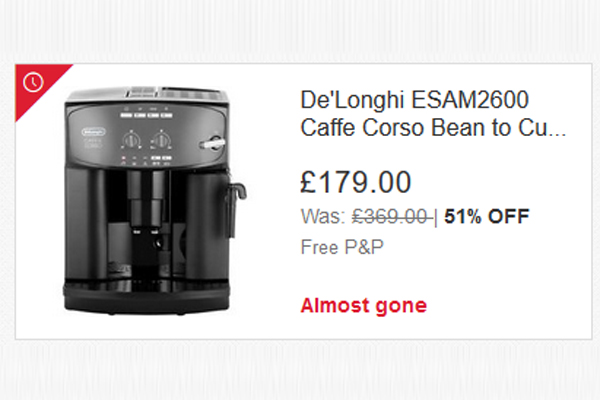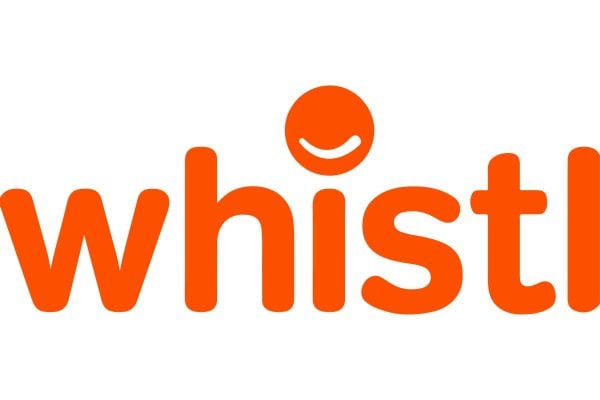We’re impatient consumers in the UK, according to a survey undertaken by Whistl. If there are any issues with stock levels then more than half of us are likely to simply shop from another retailer but low stock can convince us to purchase sooner if it’s flagged by the retailer.
Apparently over 90% of customers are regularly facing stock-related issues, such as low stock or items being unavailable, with these problems leading potential buyers to experience frustration (42%) or annoyance (32%). These difficulties are not just irritating customers, but are also pushing them away, with over half (51%) of the public saying that if the item they were looking for was not available they would head straight to a competing site to avoid disappointment.
The research also found that 18% of UK consumers would avoid repeat custom with a retailer after just one occasion where lack of stock has been the main issue, and 17% would buy elsewhere if their item isn’t in stock within just a 24-hour period.
The research examined where in the UK people were most likely to head elsewhere, if met with stock issues. This revealed that shoppers from Newcastle are the most likely to turn to competitors, followed by those in Belfast (57%), Southampton and Bristol (56%), London and Glasgow (both 54%). On the other hand, residents in Cardiff were most likely to stay loyal to retailers, and wait patiently until stock had been replenished.
Turning low stock into an advantage
Knowing that customers hate products being out of stock does give rise to some interesting uses of messaging. When it came to stock notifications, ‘Low Stock’ gave customers the most sense of urgency to buy online that day (78%), followed by ‘X people are looking at this now’ (45%), ‘X users have looked at this today’ (40%), and ‘X users have bought this today’ (23%).
“It was interesting to see how stock levels can affect consumer behaviour. We knew that there would be some influence, but we certainly weren’t expecting it to have such a large impact as our findings have shown. It was particularly insightful to see how people react when they see a notification of low stock on something they want (or think they want). The fear that it may be snapped up by someone else if they don’t act quickly typically makes them purchase immediately in order to avoid disappointment.”
– Melanie Darvall, Whistl Director of Marketing and Communications
On your website it’s likely that introducing this type of ‘Low Stock’, ‘Almost Gone’ messaging makes an awful lot of sense.
On marketplaces it will depend on their platform as to how useful low stock messaging is and in any case will be down to the marketplace themselves to implement, which they regularly do. Marketplaces also have the advantages that if one seller is out of stock then it’s likely another will be able to fulfil the supply shortage. On Amazon for example a seller with low stock may be replaced with another merchant with deeper inventory. eBay listings are different as eBay generally only display stock from a single seller on most pages so the messaging carries more urgency and will probably be displayed more often.










2 Responses
I’m sure I read something about the government or trading standards or someone was going to crack down on this type of thing due to the hotel search sites putting these messages whenever you look at booking a room. You get loads of messages saying last room or only 2 rooms left, this hotel is selling out fast, etc.